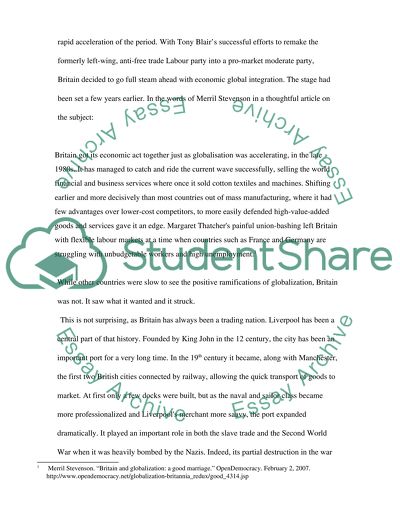Cite this document
(“Liverpool and Britain dependent on other countries Essay”, n.d.)
Liverpool and Britain dependent on other countries Essay. Retrieved from https://studentshare.org/history/1564869-essay
Liverpool and Britain dependent on other countries Essay. Retrieved from https://studentshare.org/history/1564869-essay
(Liverpool and Britain Dependent on Other Countries Essay)
Liverpool and Britain Dependent on Other Countries Essay. https://studentshare.org/history/1564869-essay.
Liverpool and Britain Dependent on Other Countries Essay. https://studentshare.org/history/1564869-essay.
“Liverpool and Britain Dependent on Other Countries Essay”, n.d. https://studentshare.org/history/1564869-essay.


